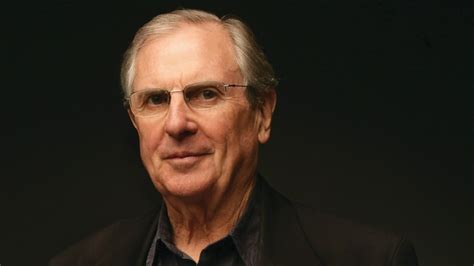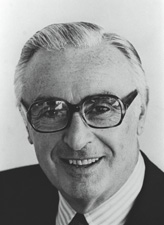A Quote by Christopher Koch
I don't believe novels should carry an obvious message. I don't want to write characters you can immediately say are good or bad; as in life, most people are a mixture.
Related Quotes
There's still a part of me that thinks I have to write a really good novel. I'm not trying to say I'm not happy with the novels I've written in the past. But it always feels to me like there's another one that I have to write that will really say what I want to say, and really paint this world that I can see hazily in my head.
To write with taste, in the highest sense, is to write [...] so that no one commits suicide, no one despairs; to write [...] so that people understand, sympathize, see the universality of pain, and feel strengthened, if not directly encouraged to live on. If there is good to be said, the writer should say it. If there is bad to be said, he should say it in a way that reflects the truth that, though we see the evil, we choose to continue among the living. The true artist [...] gets his sense of worth and honor from his conviction that art is powerful--
People are much more complicated in real life, but my characters are as subtle and nuanced as I can make them. But if you say my characters are too black and white, you've missed the point. Villains are meant to be black-hearted in popular novels. If you say I have a grey-hearted villain, then I've failed.





































